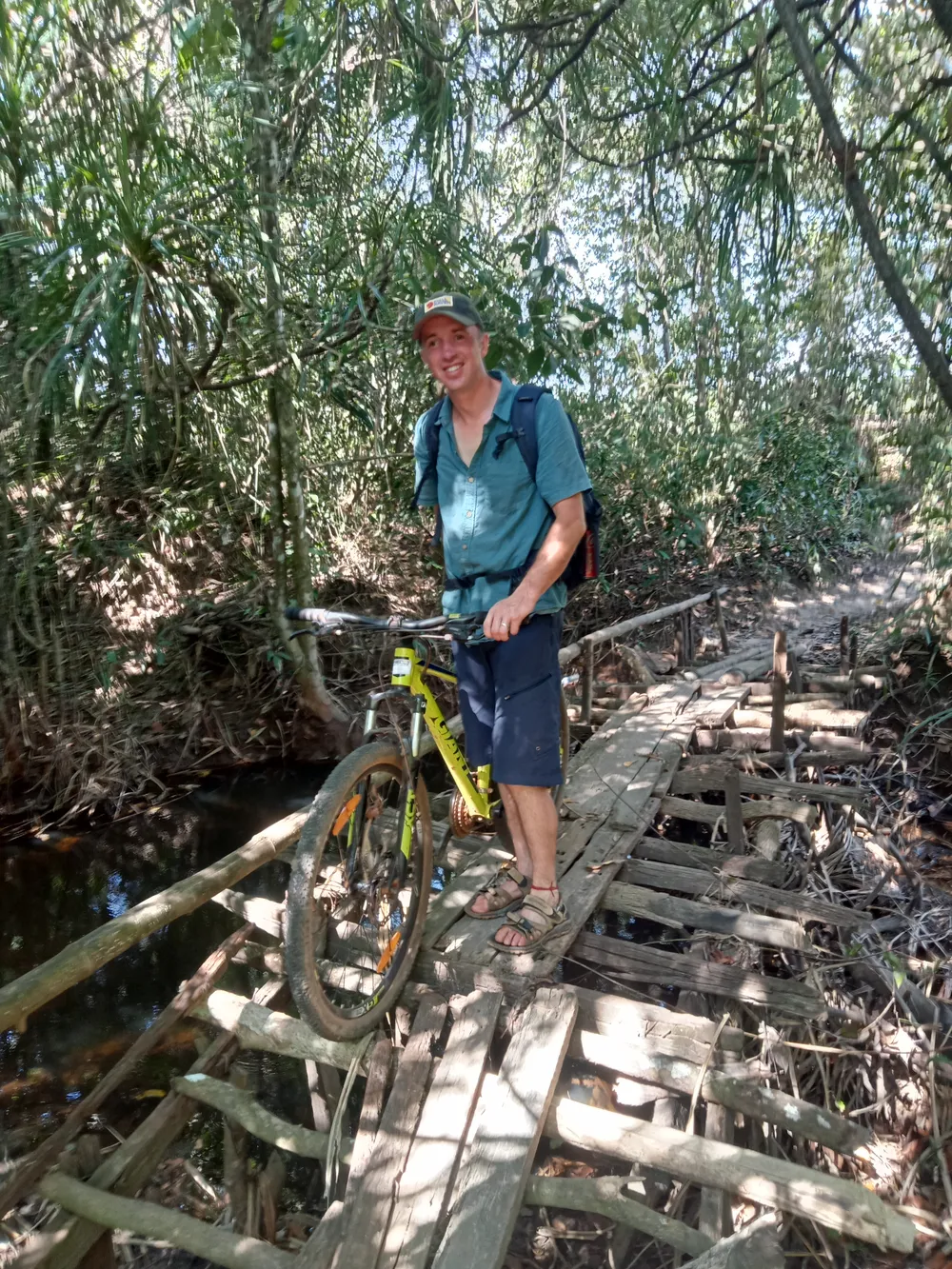Where did you travel?
I split my Fellowship into two parts: the first in Europe, with time spent in Paris, Brussels (the European Commission), the Netherlands (Hague and Amsterdam), and Norway (Oslo, Bergen, Tromsø). The second half took me to the USA, starting in Washington DC, where I ended up in the Executive Office of the President of the United States – Council of Environmental Quality, next to the White House, speaking with the Director of the National Ocean Council. From there, I visited Maine, Massachusetts, and Rhode Island.
What did you study?
Marine planning in England was in its early stages when I embarked on my Fellowship, and there was a lot of potential. I wanted to better understand how marine planning could evolve to recognise the importance of the marine environment beyond marine protected areas.
What did you gain from the experience personally and professionally?
It reignited my curiosity. Everyone has an interesting story to tell, you just have to ask the right questions to get to it. Hopefully, I gained credibility in the fields of marine planning and marine protection, as well as a wider network of peers and friends that I continue to exchange ideas and experiences with.











